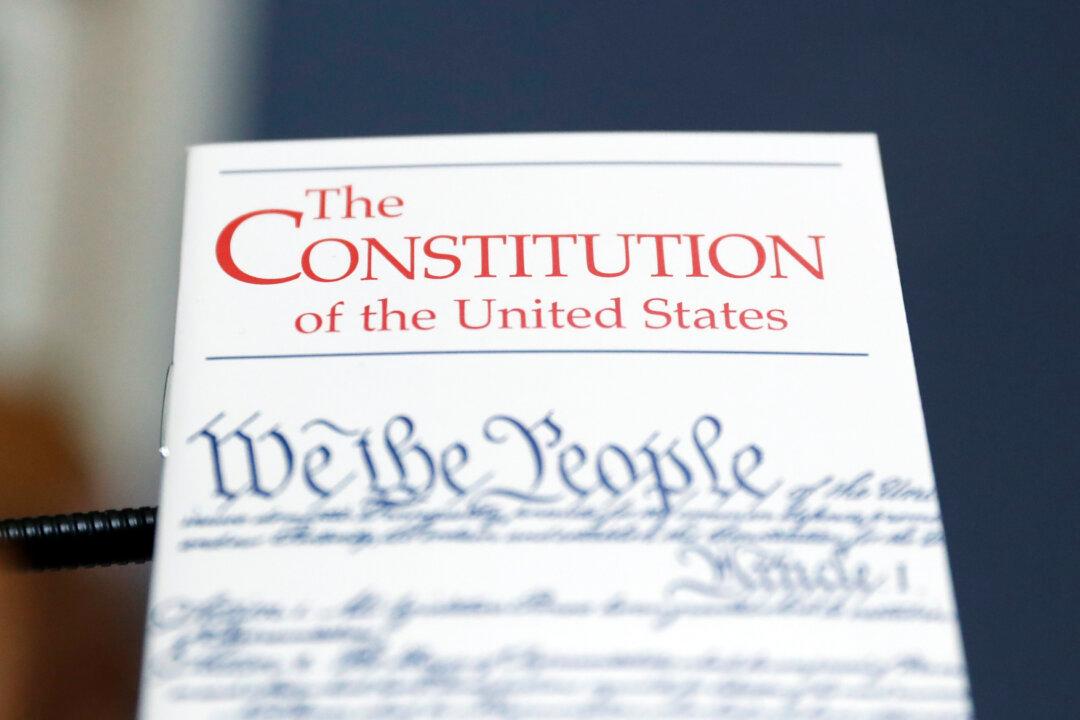Commentary
Millions of Americans are understandably frustrated at the inexorable growth of governmental power, especially at the federal level. This frustration has caused many to look for solutions, many of which will either do nothing or have the potential to make the problem worse—much worse.

